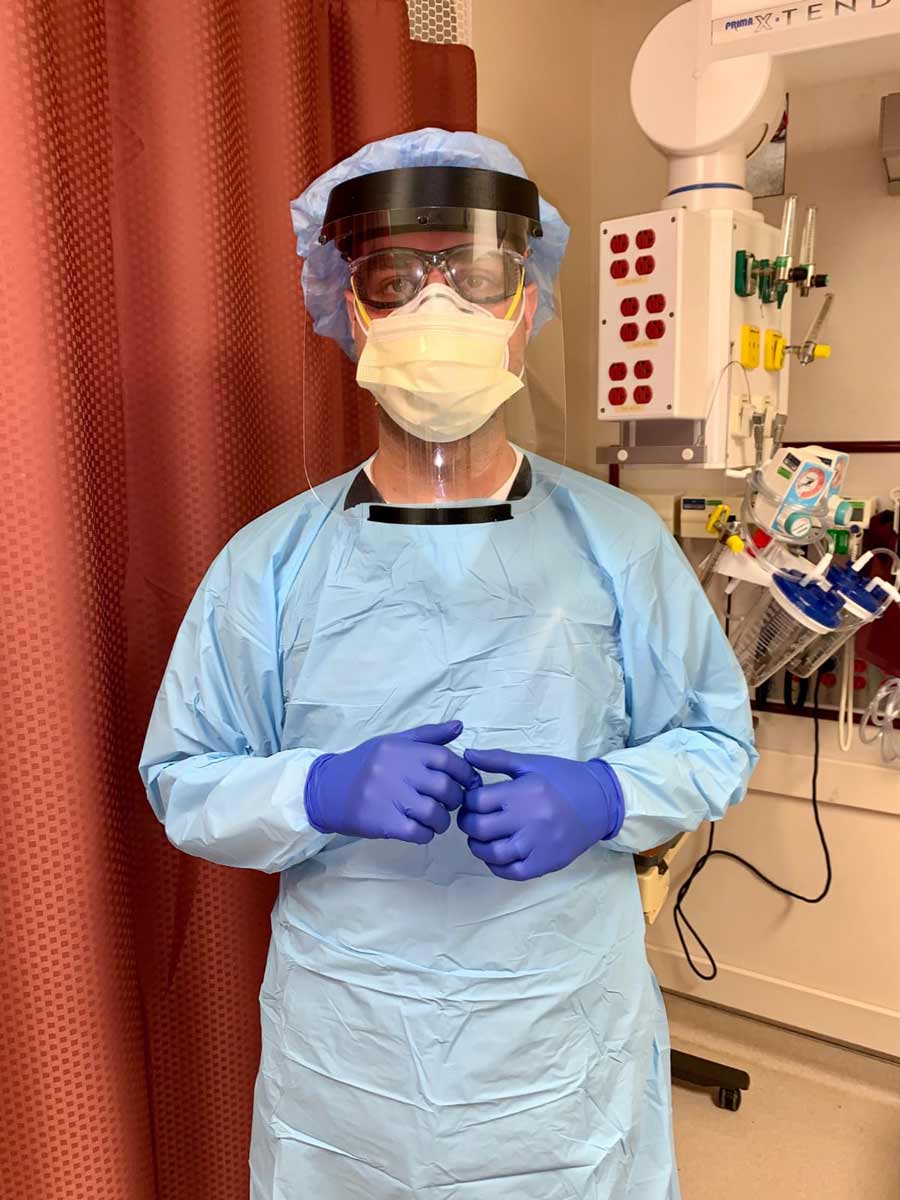In the contemporary landscape of healthcare, where the demands on medical professionals are at an all-time high, the emotional well-being of doctors is an increasingly critical concern. The Bahá’í teachings offer profound insights into the holistic support of individuals, emphasizing the interconnectedness of physical, emotional, and spiritual health. This article elucidates how we can meaningfully support medical practitioners by addressing their emotional needs through a Bahá’í lens.
**Understanding the Emotional Landscape of Practitioners**
Doctors frequently find themselves navigating an intricate web of responsibilities that can induce acute stress and emotional fatigue. The relentless pace of healthcare systems, coupled with the burden of patient care, can lead to feelings of isolation and inadequacy. By acknowledging these challenges, we begin to recognize a deeper truth: the emotional landscape of a doctor is often fraught with vulnerabilities that must be addressed to promote overall well-being.
One particularly illuminating aspect of Bahá’í teachings is the principle of unity in diversity. This principle encourages individuals to understand and appreciate the different experiences and backgrounds of others, thus fostering an environment where emotional support can flourish. By extending empathy and compassion, we can create a supportive atmosphere for healthcare professionals, allowing their emotional struggles to be openly discussed and validated.
**Fostering a Culture of Open Dialogue**
Initiating open dialogues where doctors feel safe to express their feelings is paramount. Encouragement of emotional transparency is embedded in the Bahá’í principles of truthfulness and humility, foundations that can be instrumental in reshaping the culture within healthcare settings. Establishing regular forums—be it through structured support groups or casual peer discussions—can significantly enhance emotional resilience among practitioners.
Furthermore, an essential component of these dialogues is active listening. A hallmark of effective communication, active listening conveys validation and compassion. By learning to listen more intently, we can better comprehend the manifold challenges faced by doctors, thereby connecting at a deeper level and helping to alleviate their emotional burdens.
**Encouraging Self-Care Practices**
The Bahá’í teachings advocate for the well-being of the individual, emphasizing the necessity of self-care, not just for personal benefit but as a means to serve others more effectively. Encouraging doctors to engage in self-care practices is not merely advisable; it is crucial for emotional sustainability. As healthcare providers, their ability to nurture and attend to patients hinges on their personal well-being first.
Self-care can encompass a broad spectrum of activities, from physical exercise and proper nutrition to mindfulness and relaxation techniques. Promoting the importance of taking breaks, pursuing hobbies, and developing interests outside of medicine can galvanize a doctor’s emotional health. Moreover, the Bahá’í emphasis on spirituality can be integrated into daily routines, serving as a source of strength and solace amid the storm of professional demands.
**Providing Professional Support Resources**
While informal support mechanisms are invaluable, the provision of professional resources for psychological assistance is equally critical. Bahá’í teachings underscore the need for education and knowledge in all aspects of life—including mental health. Establishing partnerships with mental health professionals who understand the specific stresses related to medical practice can facilitate targeted emotional support.
Regular workshops, training sessions, and seminars focused on stress management, emotional intelligence, and resilience can bolster a doctor’s ability to cope with their environment. Such programs reflect a commitment to holistic care in line with Bahá’í ideals, ultimately enhancing the capacity of healthcare providers to serve their communities effectively.
**Nurturing Relationships with Colleagues**
The essence of supportive interactions cannot be overstated. Bahá’í teachings advocate for the importance of community and fellowship, highlighting the value of well-nurtured relationships. Fostering strong, collegial bonds among medical professionals can produce a network of support that mitigates feelings of isolation and discouragement.
Opportunities for social involvement, collaboration on projects, and team-building activities can enhance these relationships. Celebrating achievements, both big and small, can instill a sense of belonging, purpose, and shared responsibility. Such an environment cultivates collective resilience and nurtures emotional well-being, thereby increasing job satisfaction and reducing burnout.
**Recognizing the Value of Spiritual Connection**
At the core of the Bahá’í teachings is the belief that spiritual connection provides profound strength and insight. For many, spirituality can be a source of emotional refuge amidst the challenges of medical practice. Encouraging doctors to explore their spiritual beliefs and engage in activities that resonate with their convictions can serve as an antidote to emotional distress.
Whether through meditation, prayer, or community service, establishing a spiritual practice can promote emotional healing. Recognizing that spirituality is not monolithic allows practitioners to explore various paths and embrace what feels authentic to them. The Bahá’í perspective affirms that nurturing the spirit contributes not only to personal growth but also enhances one’s capacity to support others.
**Conclusion: A Holistic Approach to Support**
In conclusion, supporting doctors emotionally necessitates a profound understanding of their unique challenges through the lens of Bahá’í teachings. By promoting open dialogue, encouraging self-care, providing access to professional resources, nurturing relationships with colleagues, and embracing spiritual practices, a comprehensive approach can be established. The investment in the emotional well-being of medical professionals not only benefits them individually but enriches the healthcare system as a whole, leading to more compassionate and effective patient care. In an era where the burdens on doctors are immense, we must endeavor to support their emotional health as ardently as we do their physical capabilities, aligning our practices with the ideals of humanity’s collective growth and unity.
